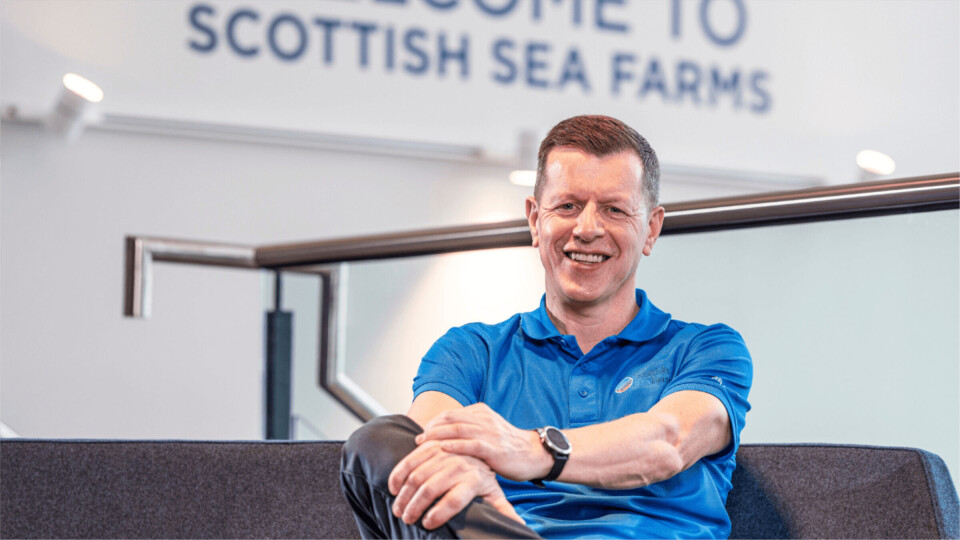
Fish health is the real dividend for salmon farmer
Scottish Sea Farms’ owners chose to use profits for growth and fish health instead of taking dividends in 2020, the company’s newly published 2019 annual report shows.
The company’s shareholders – its co-owners, the Norwegian salmon farmers SalMar and Lerøy – shared a dividend of £45m in 2019, the same amount as in 2018. But it was decided no dividend would be paid in 2020 due to the requirement for an additional £30 million in working capital to grow production in 2021. Investment was also focused on equipment to improve fish health, including mechanical delousers and boats.
The decision to keep money in the company appears to have paid off, with this year’s harvest volume expected to be 36,000 tonnes – around 10,000 tonnes more than last year – and SSF announcing last week that average annual fish survival rate in 2020 was 92%.
Biological challenges
That followed a difficult 2019 when environmental and biological challenges caused SSF to have lower harvest volumes and eaernings, although it still made a healthy operating profit.
SSF finished 2019 with an operating profit of £25.45m, less than half of the £59.74m made in 2018. Those figures equate to a profit margin of 15% in 2019, and 31% in 2018.
Turnover in 2019 was £161.5m, a decrease of £28.8m on the previous year, and profit after tax was £19.3m (2018: £47.6m).
Group shareholders’ funds decreased by £26.3m (28%) to £68.58m at the end of 2019.
Greater uncertainty
In a note about post balance sheet events, SSF’s board of directors emphasised that Covid-19 had made uncertainty relating to assessment of future development is much greater than normal.
“Based on the new risk incurred due to the pandemic, the increase in uncertainty, the Board currently expects earnings for 2020 in total may be lower than budgeted but similar to those achieved in 2019. We consider the emergence and spread of Covid-19 to be a non-adjusting post year end event,” stated the directors.
According to a third quarter report from SalMar, SSF had made an operating profit of NOK 233m (£20.3m) for the first nine months of 2020.
Robust smolts
In the 2019 report, which was signed off by SSF managing director Jim Gallagher in July last year, directors said the company would continue to use resources and make investments in fish welfare, reduce waste and increase efficiencies.
They added that the company’s £57m hatchery at Barcaldine, near Oban, was fully operational and was delivering more robust smolts to marine sites, which would result in increased survival rates – something that appears to have been proved correct.























































